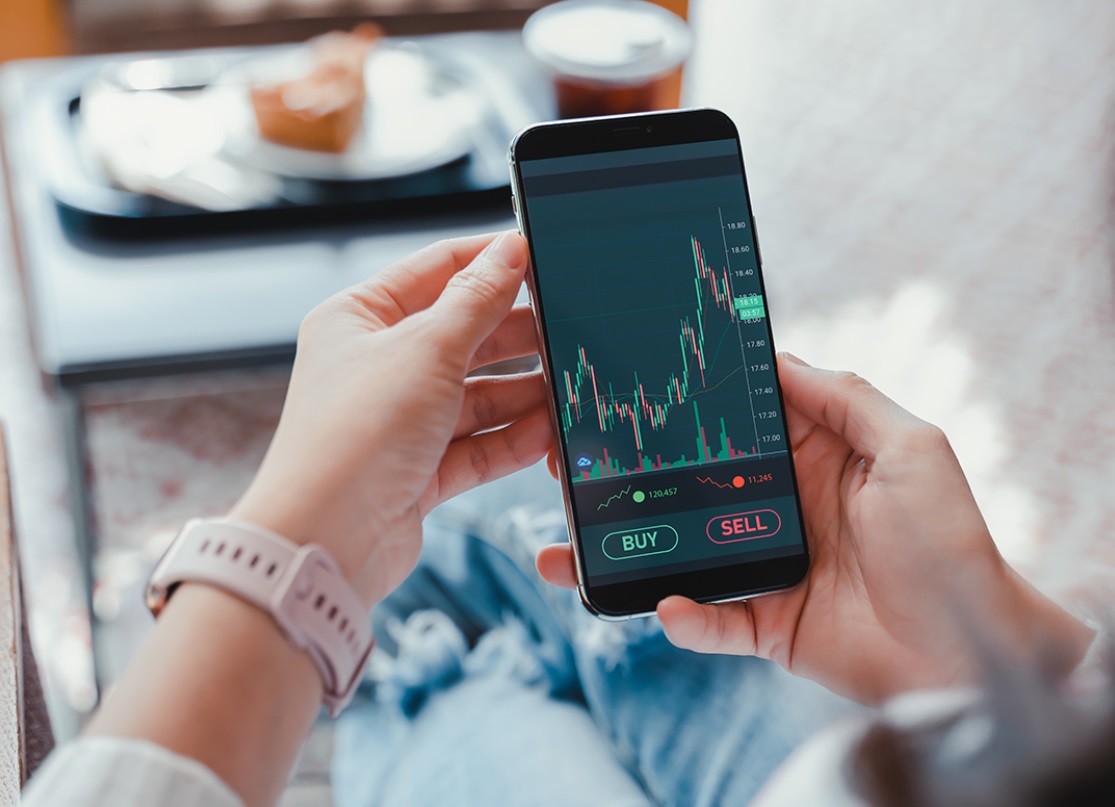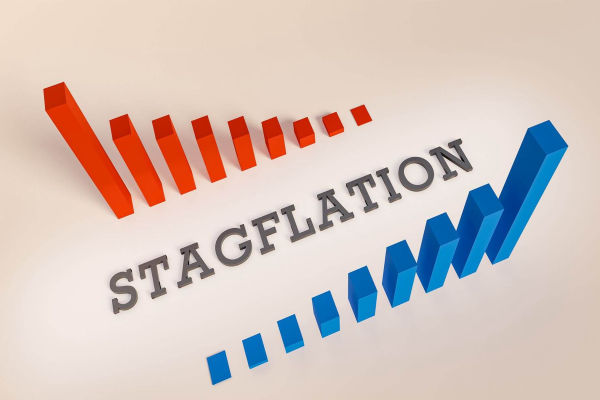Choosing the right trading app can make a huge difference—especially if you're just starting out. With so many options available in 2025. it's easy to feel overwhelmed. But the good news? You don't need to be a financial expert to pick a platform that works for you. The most beginner-friendly trading apps share a few core traits that make investing more accessible, less stressful, and even a bit enjoyable.

User Interface and Ease of Use
When you're new to investing, a clean and easy-to-navigate app isn't just a nice-to-have—it's essential. The best trading apps for beginners focus on simplicity. Menus are straightforward, information is clearly displayed, and placing a trade doesn't require a finance degree. Apps like Robinhood or SoFi Invest have become popular partly because they strip away the clutter and keep things intuitive. You can check your portfolio, explore stocks, and buy or sell—all within a few taps. For beginners, this kind of design lowers the entry barrier and helps build confidence early on.
Customisation is also something to keep an eye on. Some platforms let you tweak your dashboard to show only what matters to you, whether that's your current holdings, watchlists, or real-time market news. And if you prefer trading on the go, a strong mobile app experience should be high on your checklist. After all, the easier it is to use, the more likely you are to stay engaged.

Educational Resources and Support
As a beginner, you're not just looking for a place to trade—you're looking for a place to learn. This is where educational tools make a big difference. Many apps now include built-in tutorials, articles, and even short videos that explain how investing works, what different assets mean, and how to start building a portfolio.
For instance, platforms like Fidelity and Charles Schwab offer excellent learning libraries. They also host live webinars and Q&A sessions where you can ask questions in real time. On top of that, some apps feature in-app glossaries that help you decode investment terms without leaving the screen.
Customer support matters too. A quick chat function, a responsive email team, or even old-fashioned phone support can be incredibly reassuring when you're stuck or confused. Some apps even offer community forums where beginners can connect, share experiences, and get tips from more experienced users.
Cost Structure and Fees
Fees can quietly eat into your returns, especially if you're only investing small amounts at the start. Luckily, many trading apps today offer commission-free trades on stocks and ETFs. This is great news for beginners who want to dip their toes in without worrying about extra costs every time they buy or sell.
However, it's still important to read the fine print. Some platforms may charge for additional features, premium research tools, or margin trading. Others might have fees hidden in currency conversions or fund management. The best apps are transparent about these charges and make it easy to understand exactly what you're paying for.
Also, keep an eye out for account minimums. A good beginner app shouldn't require you to deposit thousands just to get started. No-fee, low-barrier entry points allow you to build your portfolio gradually and learn as you go.
Investment Options and Flexibility
When starting out, it's helpful to have access to a mix of investment choices. A solid app should let you buy and sell individual shares, ETFs (exchange-traded funds), and ideally, fractional shares too. Fractional shares are particularly beginner-friendly—you don't need to buy a full share of Amazon or Tesla; instead, you can invest as little as a few pounds.
Some apps go a step further by offering automated investment services (also known as robo-advisors). These use algorithms to build and manage a diversified portfolio based on your risk tolerance. It's perfect if you'd rather take a more hands-off approach while still growing your money.
Platforms that include crypto or retirement account options might not be essential at the start, but they do give you room to explore and grow over time. Flexibility matters because your goals and interests will evolve—and the app should be able to grow with you.
Security and Reliability
Last but not least, let's talk security. As a beginner, you want to feel confident that your money and personal data are safe. The best trading apps take this seriously. Look for platforms that use industry-standard encryption, two-factor authentication (2FA), and regular updates to keep your information protected.
Beyond safety, there's the question of reliability. No one wants an app that crashes right when the markets are moving. A good track record of uptime and fast, responsive interfaces can make a big difference in your experience. It also helps if the app has proper insurance coverage for your holdings—like SIPC protection in the US or FSCS in the UK—so you know your money is backed even in extreme cases.
And if something goes wrong, customer service should be there to help quickly. Whether it's a live chat, a support email, or even social media responses, responsive support gives beginners peace of mind.
Final Thoughts
Finding the best trading app as a beginner isn't about having the flashiest features or the most advanced charts—it's about feeling comfortable, supported, and informed as you begin your investing journey. The ideal app should simplify the process, guide you with useful learning tools, keep fees low, and protect your assets.
Disclaimer: This material is for general information purposes only and is not intended as (and should not be considered to be) financial, investment or other advice on which reliance should be placed. No opinion given in the material constitutes a recommendation by EBC or the author that any particular investment, security, transaction or investment strategy is suitable for any specific person.








